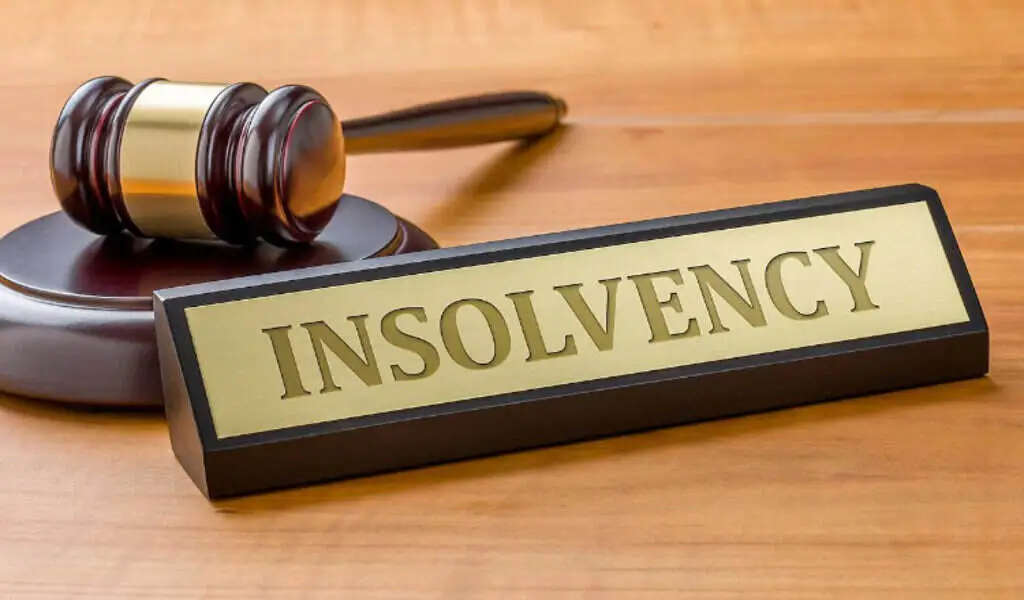Legal
Things to Do to Deal With Insolvency

Insolvency is like becoming bankrupt; it can either be a company, partner, debtors, or your customers. No one wants to be insolvent, but the leading conditions force them to. In the case of companies, insolvency occurs either due to the bankruptcy of all the partners or even due to the company itself.
Though it’s tough to handle such conditions, it is possible to overcome the loss of insolvency with the help of insolvency lawyers. It is never the end of your career or even not the end of your business. If your business is facing insolvency and next steps to take is to seek professional advice that provides valuable insights and guidance on things to do to effectively deal with insolvency.
Here are the things that you need to deal with during insolvency.
Understanding Insolvency
Various people think insolvency is the shutdown of the company. But it is not! Insolvency is the financial crisis in a company where the company becomes incapable of paying its debts and liabilities. Therefore, businesses need to keep a close eye on solvency. This enables you to monitor the failure risks. Some people often wonder where this insolvency of the company gets depicted.
- It is depicted in the cash flow of the company
- In balance sheet and statutory demand.
Analyze The Funding Options
At times of insolvency of the company, as an owner, you must try to explore all your funding options. Whether you can try to get finance in exchange for the equity, i.e., the company’s share, or even you can take some personal loans or credit cards.
The businesses struggling from the under-leveraged conditions must feel free and immediately get other sources of funding. Under leveraged is the condition where the company is left with insufficient capital to expand its business. Create more and more cash by using discount price invoices and increase the cash liquidations in your company.
Enter Into A Company Voluntary Arrangement (CVA)
When you find that your company is insolvent to pay current debts, you must deal with the company’s voluntary arrangements. This is a legally binding agreement that enables you to pay back your liabilities over time.
As per the CVA, when 75% of the creditors give their consent, your company can easily carry on their work and trading while clearing out the debts sideways. The company’s voluntary arrangements make it feasible for the owner and do not uncover this deal with the customers so that your company can work efficiently without raising any alarm bells.
Opt For The Administration
Opting for the administration proves that your company has a high potential to overcome the loss of insolvency. Opting for administration means hiring an administrator, who is commonly an insolvency attorney, working as pre the insolvency act. They generally take control over all the company’s activities and assets and guide it to overcome the losses.
When you put up the administration, it is good that you do not have to face any legal actions. But the administrator may charge you a high fee to offer their service. And once the administration contract ends, the protection against legal actions lifts, and you again have to either renew it or face the consequences.
Winding Up Of The Company
Winding up the company is the way to go for the liquidation process. There is always a public notice or a court hearing for the wind-up process of any company. Once the court orders your company’s wind up, then your company’s assets will be put up for auction to clear off the debts.
This winding-up process is the end stage of your company, and after this, your company’s name will be struck off from the registered list. Winding up due to the company’s insolvency is called compulsory liquidation or a creditor’s voluntary liquidation.
So, these are the things that you must deal with when facing insolvency.
People Also Read:
Portugal Golden Visa and All You Need To Know About It
How Car Damage is Handled After an Atlanta Car Accident
Understanding the Difference Between Ethics Violations and Legal Malpractice






























